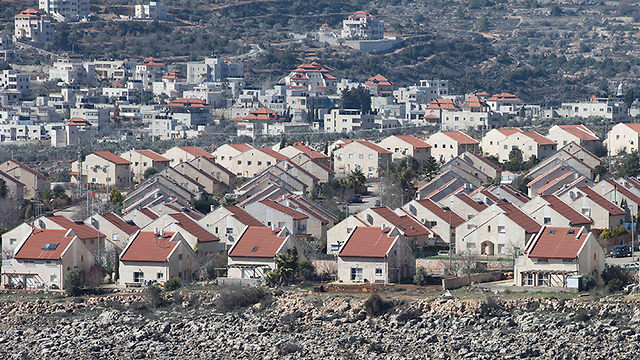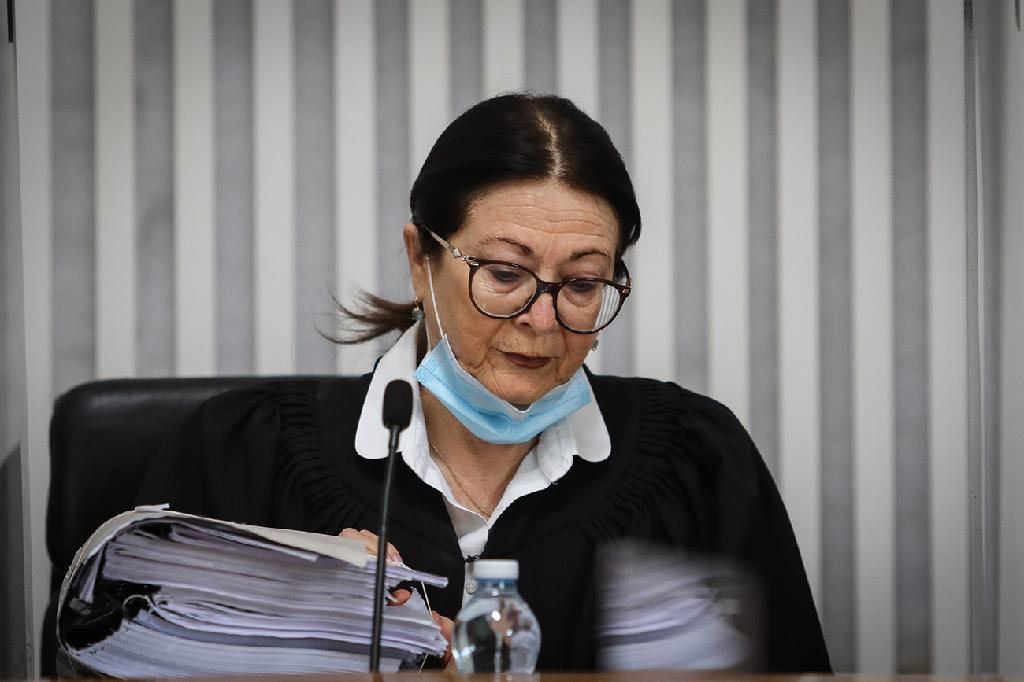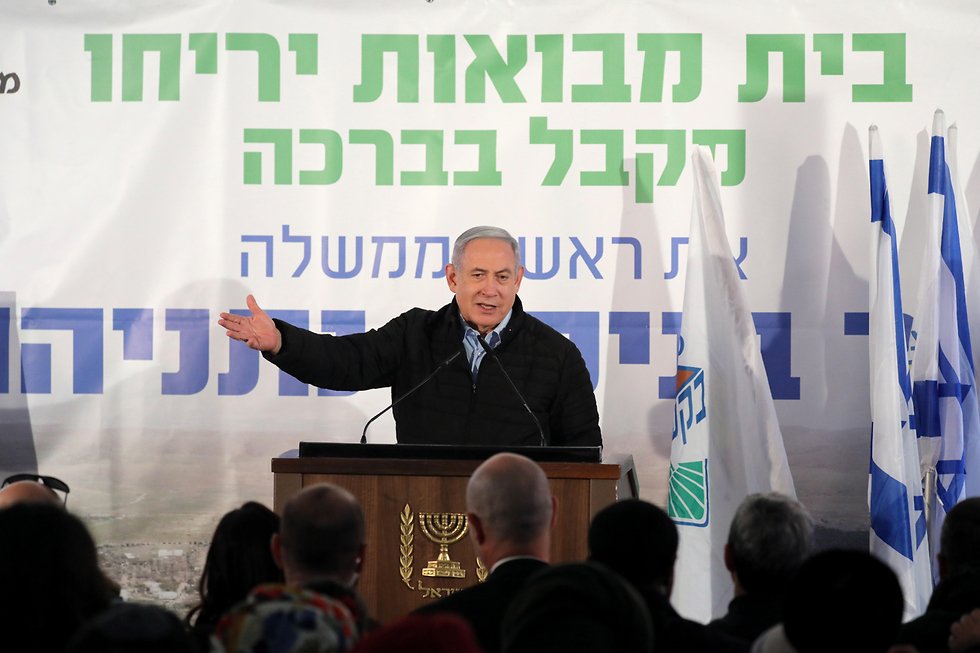Getting your Trinity Audio player ready...
The High Court on Tuesday struck down a law that had retroactively legalized about 2,000 settler homes built on privately owned Palestinian land in the West Bank.
A nine-judge panel voted to repeal the 2017 measure, under which settlers could remain on land if they had built there without prior knowledge of Palestinian ownership, or if homes were built at the state's direction. Eight justices voted in favor and one against.
Rights groups say the measure had legalized more than 50 settler outposts built without government approval.
The law "unequally infringes on the property rights of Palestinian residents while giving preference to the proprietary interests of Israeli settlers," Chief Justice Esther Hayut wrote in the panel's ruling.
Prime Minister Benjamin Netanyahu's right-wing Likud party said it was "unfortunate" that the court had intervened on "an important law for settlement activity and its future" and that it would work to re-enact it.
But Likud's new coalition partner, Blue & White, said the law "in its format runs counter to the constitutional situation in Israel, and its legal problems were known at the time of its approval."
Under Netanyahu, the government has pledged to extend sovereignty to settlements and the Jordan Valley in the West Bank, territory Israel captured in the 1967 Six-Day War and which Palestinians seek for a state.
The government is due to begin discussing the de facto annexation on July 1, but it is unclear whether Israel's main ally, the United States, will give the step the green light.
The Palestinians have rejected U.S. President Donald Trump's peace blueprint, under which most of Israel's settlements would be incorporated into "contiguous Israeli territory."




